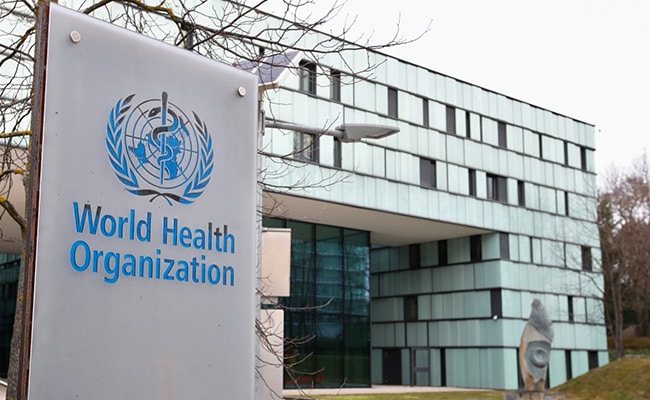

“This pandemic has been very serious,” acknowledged Michael Ryan, WHO Emergencies Chief.
Geneva, Switzerland:
The new coronavirus has had a devastating impact worldwide, but the World Health Organization warned on Monday that even worse pandemics could lie ahead and urged the world to take the preparations ‘seriously’.
“This is a wake-up call,” Michael Ryan, WHO’s chief of emergencies, told reporters at a briefing that marked a year since the UN agency first learned that the new virus is spreading in China.
Since then, Covid-19 has killed nearly 1.8 million people worldwide, of the more than 80 million infected.
“This pandemic has been very serious,” Ryan admitted.
“It has spread around the world extremely quickly and it has hit every corner of this planet, but this is not necessarily the big one.”
He stressed that while the virus is “highly communicable and kills people … the current death rate (rate) is fairly low compared to other emerging diseases.”
“We have to prepare for something that may be even more serious in the future.”
WHO’s senior adviser Bruce Aylward also warned that while the world had made tremendous scientific progress to address the coronavirus crisis, including developing vaccines at record speed, the world was far from prepared to ward off future pandemics.
“We are in the second and third waves of this virus and we are still not ready to deal with it,” he told the briefing.
“So while we are better prepared … we are not fully prepared for this one, let alone the next.”
– ‘More ambition’ –
WHO chief Tedros Adhanom Ghebreyesus, meanwhile, expressed hope that the Covid-19 pandemic had helped the world better prepare for future threats.

“In terms of awareness, I think we’re getting it now,” he said.
But he stressed that “now was the time to get really serious.”
“More ambition is needed.”
But Tedros also praised how scientists around the world worked closely together to help end the pandemic.
He specifically mentioned the two new strains of the virus that have emerged in Great Britain and South Africa, which appear to be more contagious than previous strains.
“We are working with scientists in the UK and South Africa who are conducting epidemiological and laboratory studies that will guide the next steps,” he said.
He praised the two countries for testing and tracking the new variants.
And with more than 50 countries imposing travel restrictions on Britain, he also warned against taking punitive action against countries that transparently share such results.
“Only when countries look and test effectively can you pick up variants and adapt strategies to cope,” he said.
“We must ensure that countries are not penalized for transparently sharing new scientific findings.”
(This story has not been edited by NDTV contributors and is automatically generated from a syndicated feed.)